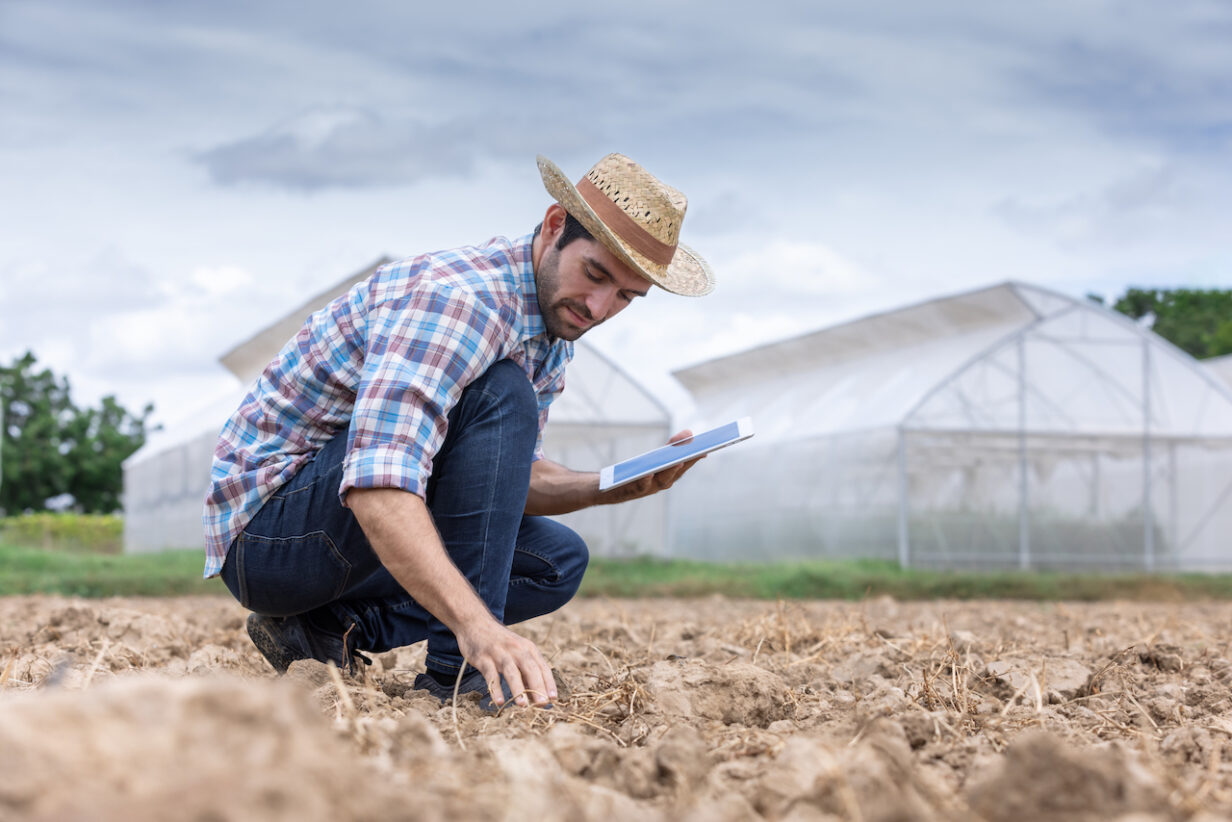
How Organic Regulations Apply to Each Aspect of Your Operation
Organic regulations are a set of rules and standards that govern the production, processing, labeling, and sale of organic products. These regulations ensure that organic products are produced using natural methods free from synthetic chemicals, genetically modified organisms (GMOs), irradiation, or sewage sludge. They also outline the requirements for certification and labeling of organic products.
Understanding Organic Regulations
Organic regulations vary from country to country, but they are all guided by the principles of the International Federation of Organic Agriculture Movements (IFOAM). These principles include health, ecology, fairness, and care. The organic regulations aim to promote sustainable agricultural practices that protect the environment and human health while promoting fair trade and animal welfare.
They also provide consumers with the assurance that the products they are purchasing are organic and have been produced in an environmentally responsible manner.
How Organic Regulations Apply to Your Operation
If you are involved in any aspect of organic production, processing, or sale, it is important to understand how organic regulations apply to your operation. Here’s a breakdown of how these regulations affect different areas of your operation:
Production
Organic regulations cover all aspects of production, including the cultivation of crops, raising of livestock, and harvesting of wild products. These regulations dictate what inputs can be used in production and set standards for crop rotation, soil fertility, pest management, and animal welfare.
Processing
For products to be labeled as organic, they must follow specific processing standards. This includes regulations on the use of additives, fortifying substances, and non-organic ingredients. Organic processors must also implement measures to prevent contamination of organic products during processing.
Labeling
Organic regulations require that all certified organic products are labeled with the name of the certifying body, a statement indicating that the product is organic, and the percentage of organic ingredients. This labeling allows consumers to easily identify and choose organic products.
Sale
Organic regulations also apply to the sale of organic products. Retailers must ensure that their products have been certified by an accredited body and comply with all relevant standards. This includes proper storage, handling, and transportation of organic products.
Staying Compliant
To remain compliant with organic regulations, it is essential to stay up-to-date on any changes or updates made by the regulatory body in your country. It is also important to maintain detailed records of all inputs, processes, and sales related to organic products.
In addition, regular inspections may be conducted to ensure that your operation meets all organic standards. These inspections may occur randomly or as part of the certification process.
Promoting Organic Practices
Understanding and complying with organic regulations is crucial for anyone involved in the production, processing, or sale of organic products. These regulations not only ensure that consumers are purchasing authentic organic products but also promote sustainable practices that benefit both the environment and human health. By following these regulations, you are contributing to a healthier and more sustainable food system for all. Therefore, it is important to stay informed and continuously strive to meet organic standards in your operation.